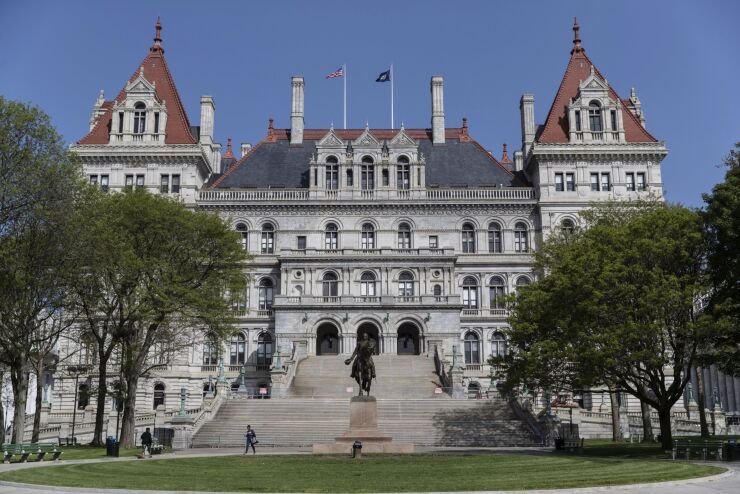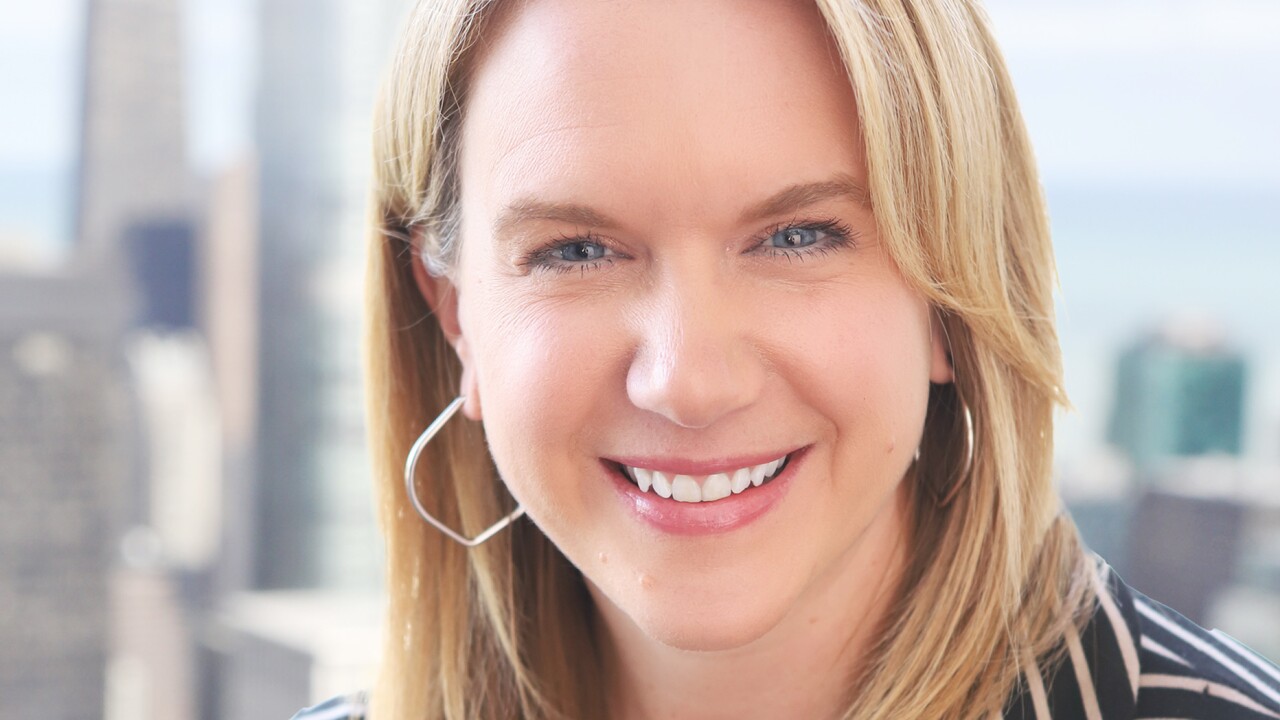Facebook’s Libra cryptocurrency project has drawn vast political pushback, but also more tangible government action as nations globally consider central bank supported digital currencies. It’s also sparking a potential bottom-up approach in New York.
A
Its designers position the bill as a financial inclusion initiative that would act as a public option for P2P payments for micro-merchants such as those providing tutoring, babysitting, elder care and community work.
The concept of government-backed accounts that support cash access and payments bears some resemblance to an automated version of Post Office banking. IVL would create a digital debit-credit ledger. State residents could use the ledger to receive tax credits, remittances and government benefits outside of the traditional banking system.

Robert Hockett, a law professor at Cornell University who consulted on the New York bill, said Facebook’s Libra project has cast a spotlight on the larger issues of financial inclusion that would have otherwise been ignored.
“The payment system is kind of like your skeleton, it’s taken for granted but is not available for everyone,” Hockett said.
The bill has been in the state legislature for about a month, a period that has seen much larger jurisdictions push digital currency projects.
The
These projects are early stage but come against the backdrop of Libra, which has sparked concern among central banks that Facebook’s scale could allow it to operate outside of central bank control.
Many of the nations pursuing currencies, including France, Germany and China, also have politicians that have been the most vocal in opposing Facebook. While the U.S. has hedged on whether it will build its own currency,
Calibra, the Facebook subsidiary that’s overseeing Libra, did not return a request for comment.
“You see the announcement of Libra and the gathering momentum for these initiatives,” Hockett said, adding a successful currency on the state level could spark more states to adopt the concept, creating a network effect or pushing the federal government to act. “This all generates more attention to payment platforms generally and digital currencies in particular.”
The New York inclusive value ledger is parallel to other political initiatives in New York designed to address the growth of digital financial services from banks and fintechs. Politicians in New York and other eastern states have advanced legislation that mandates merchants
The bills spark a debate about the role of government in expanding access to financial services, and also create
The U.S. financial system has succeeded in





